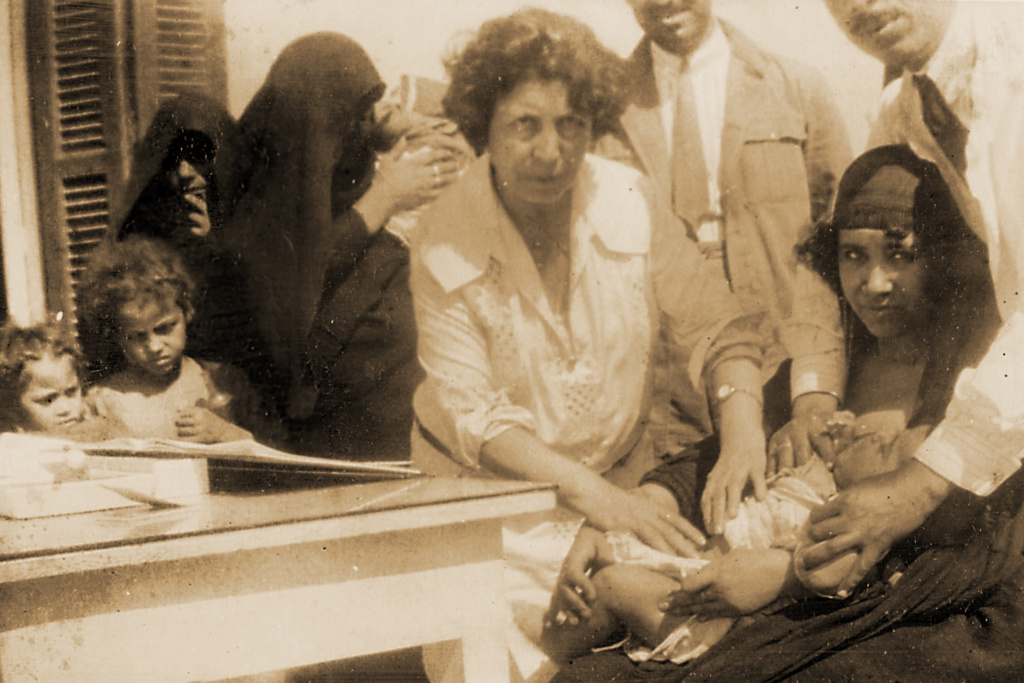Philanthropy
The Benaki Museum, the Greek-American College, the Andreas Syngros Hospital for Venereal and Skin Diseases, the Averoff Prison, the Panathenaic Stadium, Sivitanidios Vocational School: these are just a few of the projects built in the capital of Greece thanks to the generosity of members of the Greek diaspora who created their fortunes in countries of the Eastern Mediterranean. Similar initiatives were taken by these benefactors in the places of origin in Greece and also in the places in the Eastern Mediterranean where they lived, thus offering relief to the numerous economically weak members of the local Greek communities. Huge donations were one form of philanthropy, but not the only one: soup kitchens, orphanages, education were some of the fields of flourished charitable activities.
They all strengthened the social cohesion of the communities, acted as mechanisms for strengthening national identity, and created hierarchies within the communities at the top of which the primacy of the benefactors was undeniable. The women’s presence in the philanthropy activities was particularly pronounced since the early 20th century. Constantinople, Alexandria, and Jerusalem are some of the urban centers where women’s charitable societies developed and allowed for their increasingly strong presence in the public sphere through practices acceptable to women, such as caring for others.

